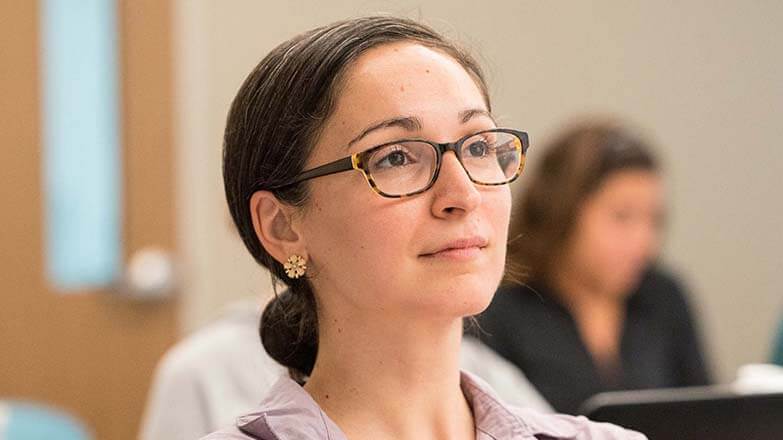DNP
Post-Master's Doctor of Nursing Practice
Format & Location
On-Campus (Fairfield, CT), Online
School/College
Egan School of Nursing & Health Studies
Start Dates
Fall (September), Spring (January)
Application Deadline
Fall Priority: July 15, Spring Priority: December 1
Completion
18-24 months
Schedule
Full-Time or Part-Time
Attend a Virtual Information Session
Check for Upcoming Dates
Fairfield University's Post-Master's Doctor of Nursing Practice (DNP) degree represents the highest academic preparation for nursing practice, focusing on expanded scientific knowledge related to providing comprehensive direct care across all settings.
Find Out More
Course Requirements
Doctor of Nursing Practice
30-32 credits
Contact Us
Graduate Admission
gradadmis@fairfield.edu
(203) 254-4184
Request Program Info
Want details on courses, schedules, and financial aid? We're here to help.
Loading...



